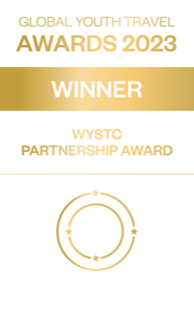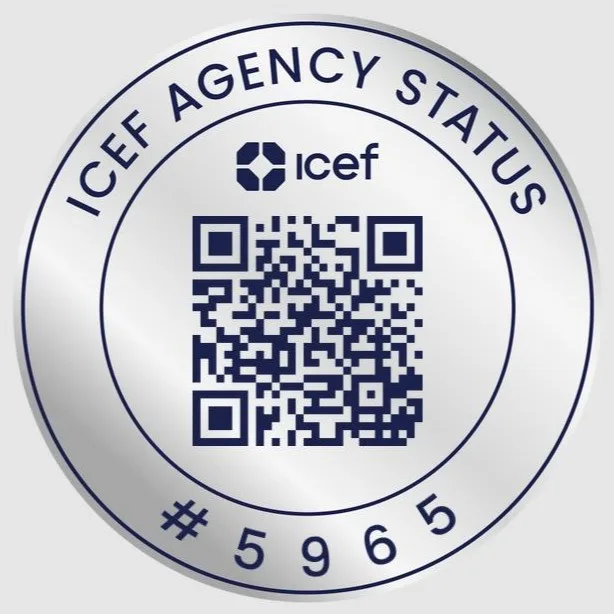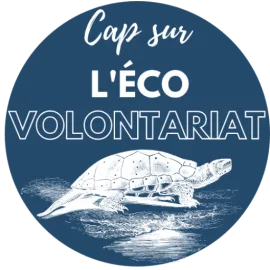It’s important to highlight the reality of sea turtle conservation in Sri Lanka, which is still in its nascent stages as compared to some other parts of the world. The beaches of Sri Lanka’s south western coastline have been a sanctuary for sea turtle nesting activities for several centuries. Unfortunately, factors such as excessive commercial fishing and poaching of turtle eggs by humans and other predators (dogs, monitor lizards, etc.) have resulted in their numbers dwindling significantly over the past few decades, making them an endangered species in this part of the world. To safeguard against this, the Sri Lankan government has authorized a collection of turtle hatcheries (22 at last count) along the country’s western and southern coastline, who’s main purpose is to provide for the overall well-being of the sea turtles and increase their numbers through conservation efforts. This includes preserving the eggs from predators and poachers, providing a safe haven for hatchings to occur, caring for baby, sick and injured turtles, feeding them daily and releasing the healthy ones into the ocean when ready.
While the above activities certainly support the sea turtle ecosystem in a positive manner, there is also (unfortunately) a touristic element to their operating model, which can sometimes be detrimental to the well-being of the turtles. Many hatcheries rely significantly on financial contributions from tourists (who visit these hatcheries to see and learn about the turtles) to earn a living as they receive little to no funding from the government to maintain their operations. This reality sometimes results in unethical practices being followed (e.g., taking selfies with turtles, not releasing them in the ocean in time, etc.) which prioritizes tourism over animal welfare.
Way to mitigate this is to have volunteers support these hatcheries through true conservation efforts that is crucial for their well-being. This also allows hatcheries to generate additional income, since they generally earn fees from volunteer placements.
More so, very little is done in terms of educating the rural communities that matter most (e.g., local fishermen and their families, coastal inhabitants, etc.), on the value of conserving these majestic creatures and keeping the environment healthy, which can have a much wider-ranging and longer-lasting impact on their sustainability.
While we understand some of the limitations of the hatchery model, we also realize the benefits they bring to the broader ecosystem. We work with what we consider to be the most ethical hatchery in the island, which is well funded by us and as such, does not need to depend on tourist income for their sustainability. Additionally, our volunteers spend only 60% of their time working in the hatchery – the balance 40% is spent in keeping our beaches clean and doing community projects at the grassroots level like educating local school children or rural women on the importance of sea turtle and the marine conservation, so they become more environmentally conscious citizens. We also do occasional night patrolling camps during the hatching season to protect eggs from all types of predators. All of these activities together make our project unique and one of-a-kind in Sri Lanka, and we believe this has a longer-lasting and more sustainable effect on the well-being of these species and the general environment.
A typical week on the program can vary from time to time based on local conditions on the ground, but in general, the project is structured as follows:
– For 3 days a week, participants work in our turtle hatchery. Typical tasks include feeding and cleaning the turtles, preserving turtle eggs from predators by burying them in the dedicated hatching area, taking care of older and disabled turtles, cleaning the tanks and the general hatchery area, giving sick and injured turtles medicines as per the directions of the turtle doctor and/or hatchery staff, filling tanks with fresh sea water to mimic their natural environment, and other ad hoc tasks as and when necessary.
– 1 day a week or “Environment Day” is dedicated for beach cleaning in the Galle area to preserve the local marine ecosystem. This is done with the support of the Galle Municipal Council (i.e., local government), who dispose the garbage we clean up. Our volunteers clean up public beaches from excessive plastic and rubbish that are harmful to the local environment and marine life (including sea turtles).
– 1 day a week or “Community Day” is dedicated to building awareness about sea turtles and their value in the marine ecosystem among the local community. This can either be in the form of classroom presentations conducted at rural schools or taking local children or rural women to the turtle hatchery and educating them onsite. Special projects (e.g., educational signage campaign, building a turtle information library, etc) are also conducted from time to time to educate locals and tourists on turtle/marine conservation.
– Additionally, during nesting season (November-May) we do night patrolling camps about twice a month where groups spend the night in tents on the beach with the hope of watching mother turtles hatch their eggs and preserving them from human and animal poachers.
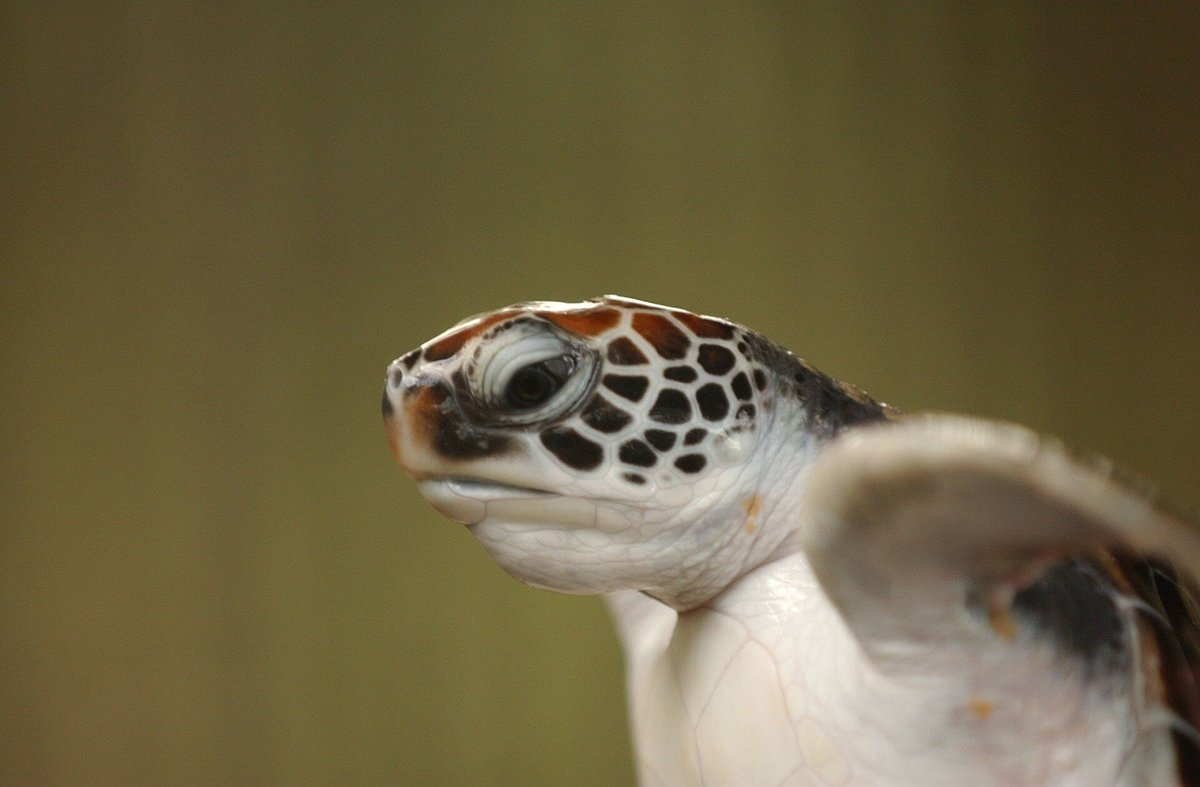
Duration during the week | Budget total mission |
|---|---|
2 weeks | 1190 € |
3 weeks | 1440 € |
4 weeks | 1690 € |
5 weeks | 1940 € |
6 weeks | 2190 € |
7 weeks | 2440 € |
8 weeks | 2690 € |
9 weeks | 2940 € |
10 weeks | 3190 € |
11 weeks | 3440 € |
12 weeks | 3690 € |
A supplement of €200 applies to participants aged under 18. For more information, meet on the youth area.
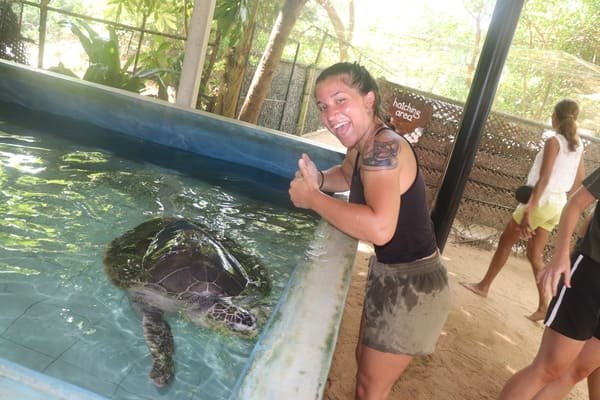


You will be staying in one of the two volunteer houses, located in the Unawatuna district, just a 15-minute drive from the centre of Galle and a 5-minute walk from the beach.
The houses have several bedrooms (separated by gender) sleeping between 4 and 6 people, each with en-suite facilities. Each house also includes an outdoor area, offering a peaceful place to relax, socialise or simply enjoy the region’s pleasant climate. Meals are also included in the project.
Volunteers will be allocated according to the availability of each house.
For couples, families or those preferring a single, double or family room, additional options are available at an extra cost. For more information on rates and conditions, please contact us directly.
For days at the breeding centre and for cleaning the beaches (4 to 5 days), it is recommended to wear comfortable and casual clothes (t-shirts, shorts, sandals, flip-flops, hats, sunscreen, etc.) because the volunteers are outside for long periods. For the community awareness day (once a week), it is advisable to dress more conservatively, especially if you enter a school. It is mandatory to wear light cotton teaching gowns in the school (provided by the NGO) during teaching sessions in schools.



| | Merci pour votre abonnement |

